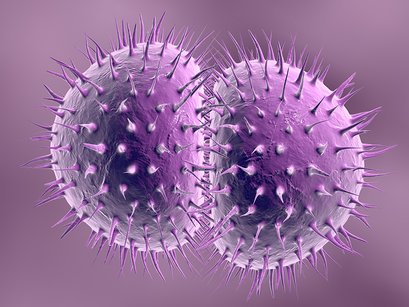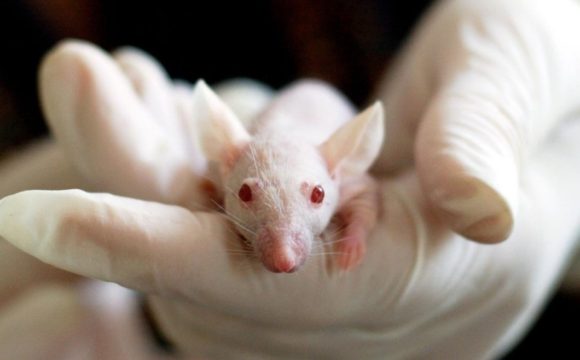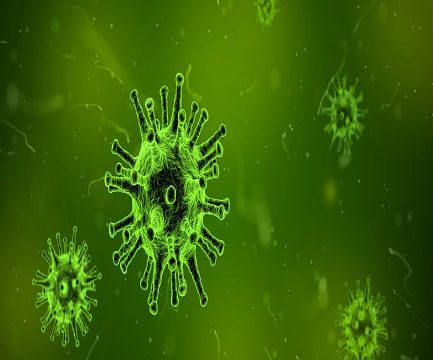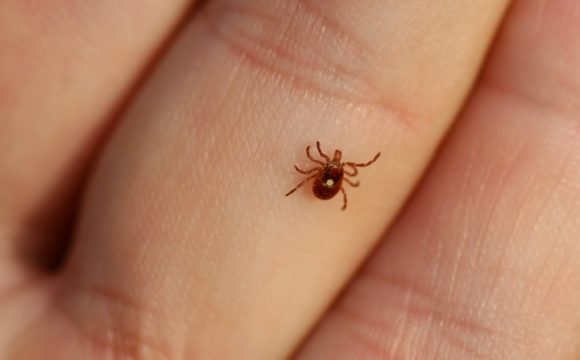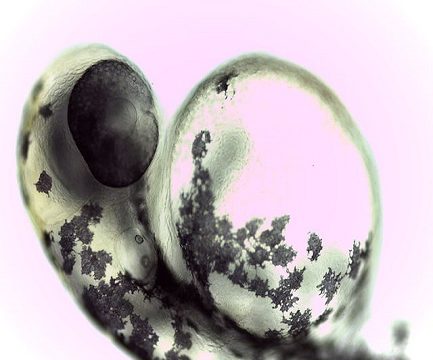Gonorrhea is an infectious bacterial disease which is transmitted sexually. The disease is very common in India with almost 10 million new cases every year. The global estimates were about 78 million new cases every year in 2014. Neisseria gonorrhoeae is the causative agent which is a Gram-negative coffee bean-shaped diplococci bacteria. Lower abdomen pain is the commonest of gonorrhea symptom. The classical treatment involves the use of antibiotics which cures the infection within weeks. On the 6th of July 2017, The World Health Organization (WHO) made an announcement that this gonorrhea bacterium (a) has acquired resistance to even last resort antibiotics used against it [1].
Since the 1930s multiple classes of antibiotics were used to tackle gonorrhea infection. But both the widespread use and misuse of these drugs have led the organism to develop resistance quick. The introduction of new drugs now results in the organism quickly becoming resistant to it. The website Scientific American mentions that according to a yet to be published paper (in PLoS Medicine) [2], it was found that 97% reported cases of gonorrhea were resistant to ciprofloxacin, the cheapest and most widely available treatment; 81% reported resistant to azithromycin; and 66% to cephalosporins across various countries surveyed around the world (Source: Scientific American) [2]. Given that these were mostly first world countries (Japan, France, and Spain), one can imagine that with poorer health infrastructure the scenario will be worse for the developing world.

The history of Neisseria gonorrhoeae antimicrobial resistance
(source: Goire et al. 2014)
It is interesting to note the fact that an article published about a year ago (July 15, 2016) [4] in the Scientific American itself had the title, Gonorrhea May Soon Be Resistant to all Antibiotics. The piece mentions that reports from The Centers for Disease Control and Prevention, Georgia, USA say Neisseria gonorrhoeae bacteria may be developing resistance to the only two antibiotics left for its treatment (azithromycin and ceftriaxone). It then goes on to state “The potential for untreatable gonorrhea is a very real possibility in the future”.
According to the WHO website, The R&D pipeline for gonorrhoea is relatively empty, with only 3 new candidate drugs in various stages of clinical development: solithromycin, for which a phase III trial has recently been completed; zoliflodacin, which has completed a phase II trial; and gepotidacin, which has also completed a phase II trial. Whereas given sharp development in antidrug resistance (see our blog The superantibiotic: A promising solution to multidrug resistance) the new drug supply must be constantly replenished. But since this may result in a continuous loop with no end goal, in order to tackle the infection it is equally vital to develop rapid diagnostic tests as noted by Ramanan Laxminarayan, director of the Center for Disease Dynamics, Economics, and Policy in Washington DC.
Also, in order to tackle the specific gonorrhea-related problem The Drugs for Neglected Diseases initiative (DNDi) and WHO have launched the Global Antibiotic Research and Development Partnership (GARDP), a not-for-profit research and development organization whose aim is to accelerate pipeline drugs and evaluate further drug development.
It is obvious that in the long run, both monitoring of this disease and its prevention will be vital. And prevention in addition to safer sexual behavior also includes education and awareness programs and outreach.
Reference:
1] www.who.int/mediacentre/news/releases/2017/Antibiotic-resistant-gonorrhoea/en/
2]www.scientificamerican.com/article/untreatable-gonorrhea-on-the-rise-worldwide/?WT.mc_id=SA_FB_HLTH_NEWS
3] Namraj Goire, Monica M. Lahra, Marcus Chen, Basil Donovan, Christopher K. Fairley, Rebecca Guy, John Kaldor, David Regan, James Ward, Michael D. Nissen, Theo P. Sloots , David M. Whiley Molecular approaches to enhance surveillance of gonococcal antimicrobial resistance Nature Reviews Microbiology 10 February 2014
4] www.scientificamerican.com/article/gonorrhea-may-soon-be-resistant-to-all-antibiotics/



